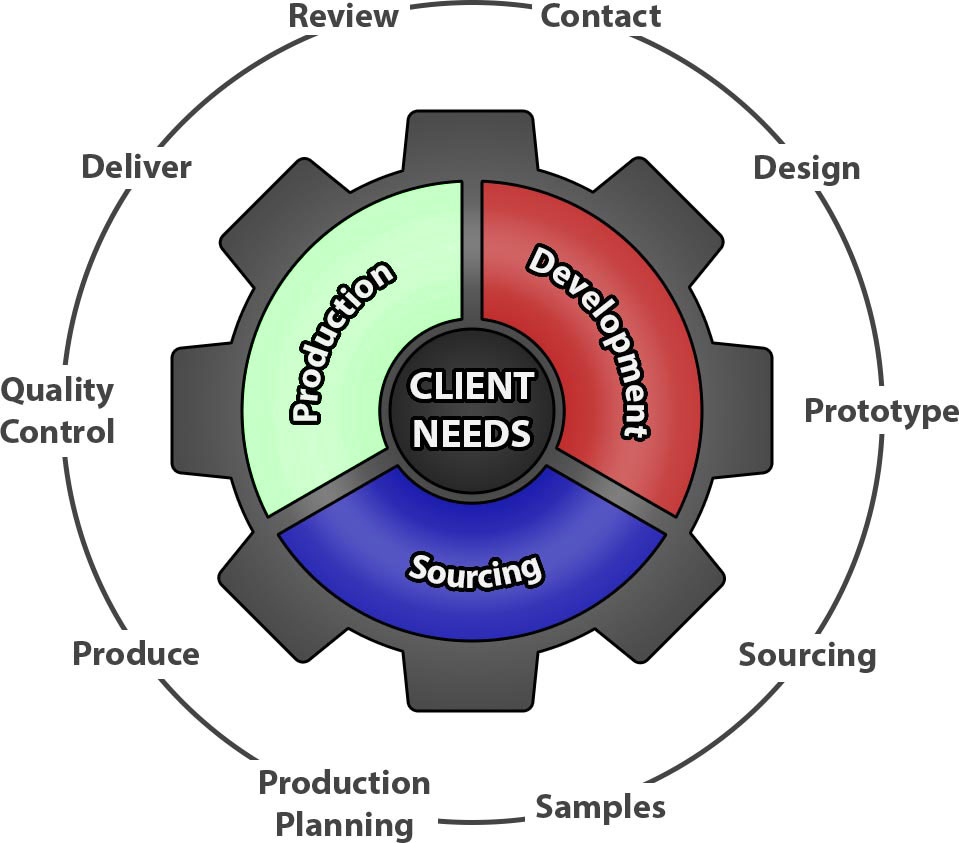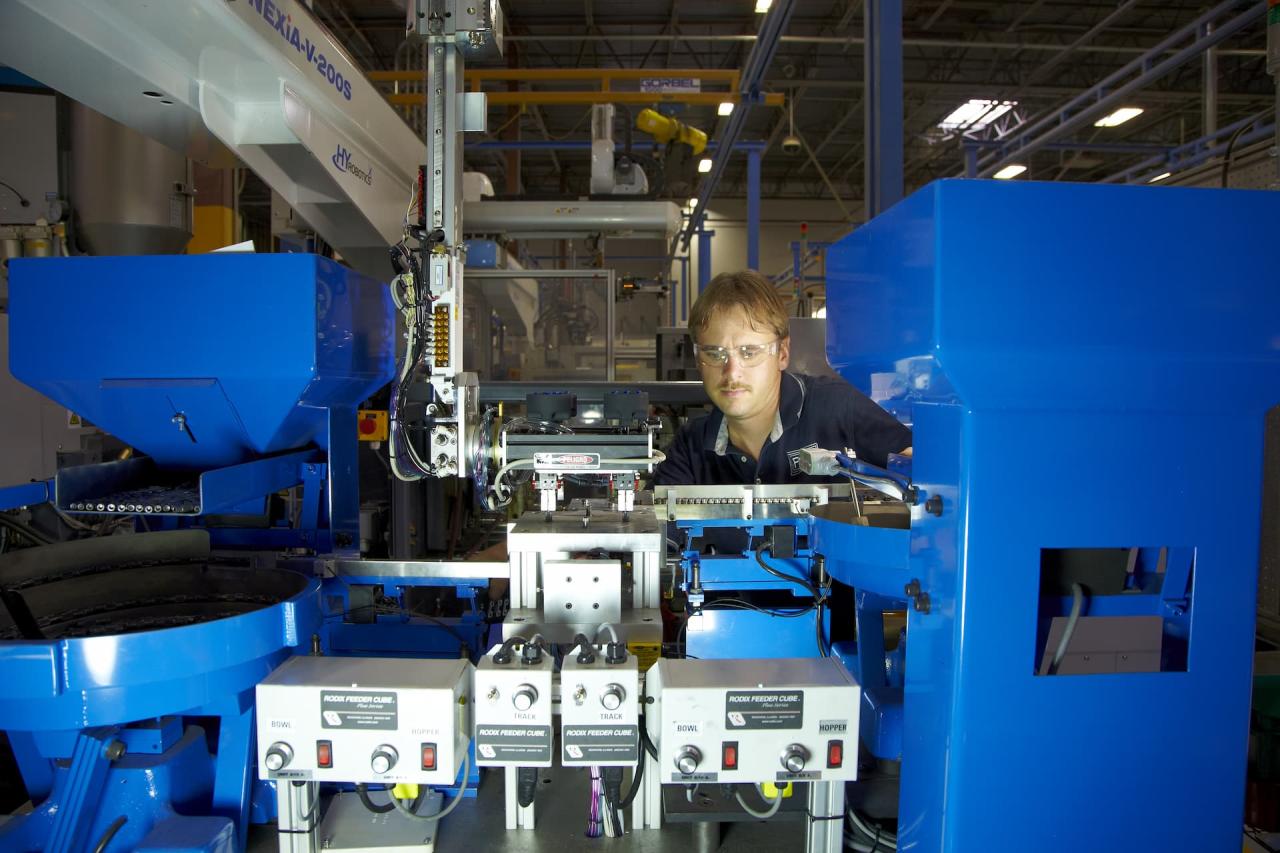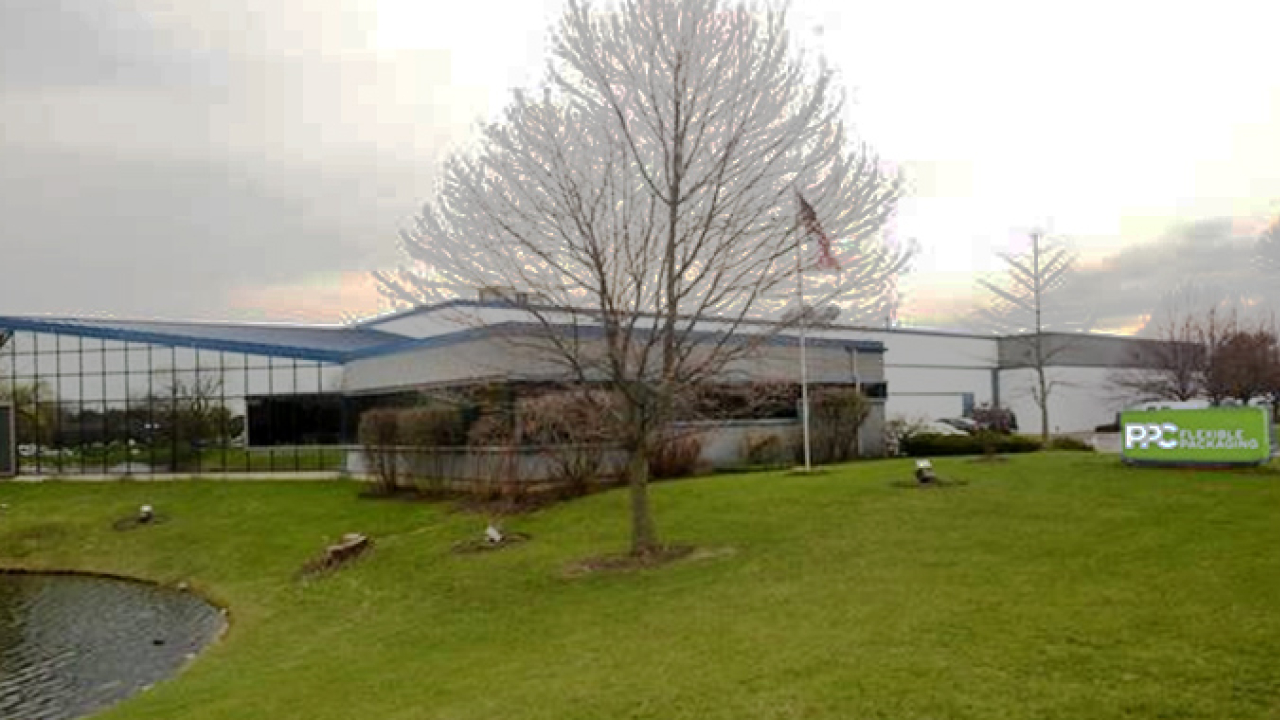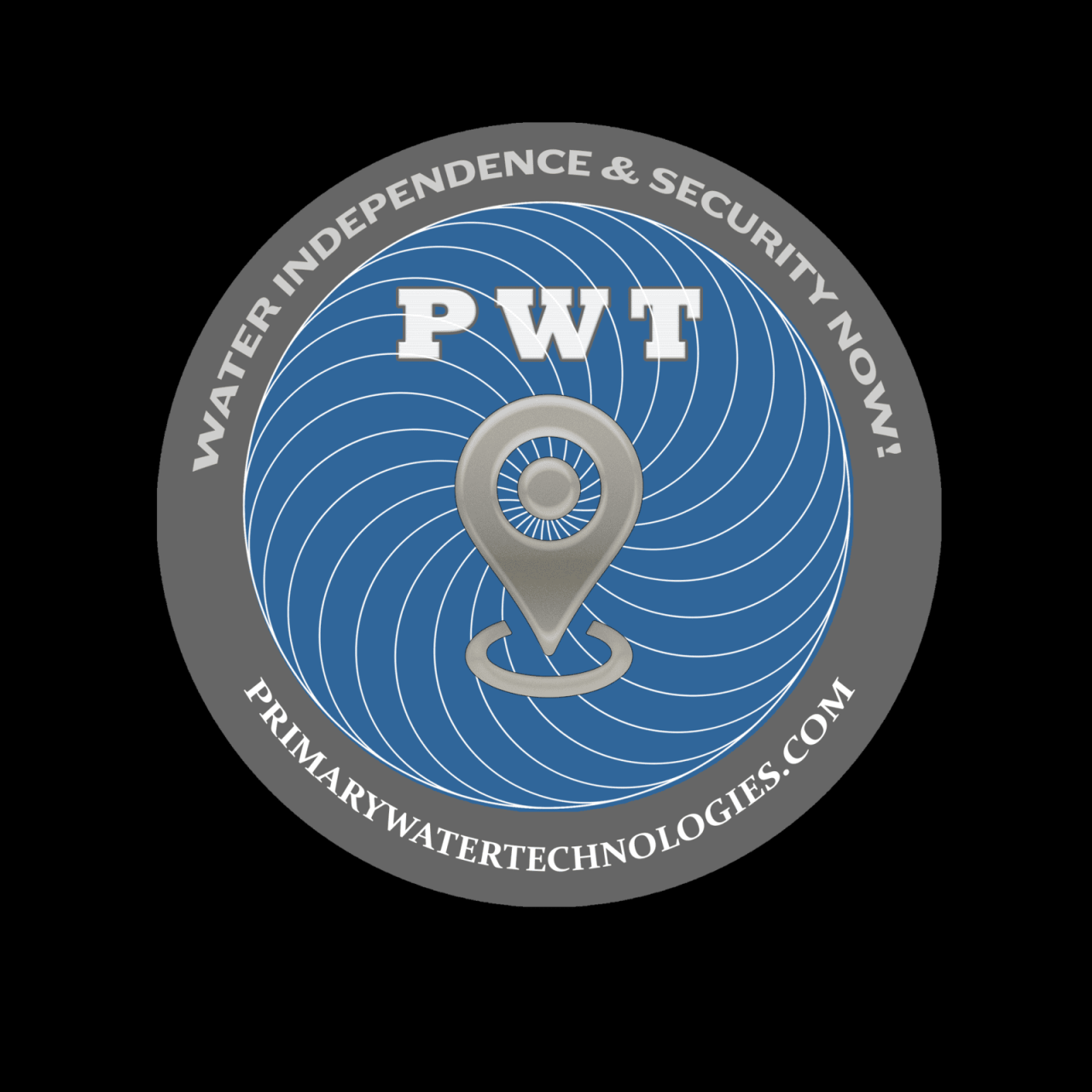PM Technology: Transforming Project Management
PM technology has revolutionized the way projects are managed, offering a powerful toolkit to streamline processes, enhance collaboration, and achieve greater success. From the early days of simple spreadsheets to […]

PM technology has revolutionized the way projects are managed, offering a powerful toolkit to streamline processes, enhance collaboration, and achieve greater success. From the early days of simple spreadsheets to today’s sophisticated software platforms, PM technology has evolved alongside the demands of modern project management, enabling businesses to tackle increasingly complex endeavors with greater efficiency and effectiveness.
This technology encompasses a wide range of tools and solutions designed to address every stage of the project lifecycle, from planning and scheduling to resource allocation, risk management, and communication. By leveraging these capabilities, organizations can gain valuable insights into project performance, identify potential roadblocks early on, and make informed decisions that drive positive outcomes.
Introduction to PM Technology
Project management technology, often referred to as PM technology, encompasses the tools, techniques, and methodologies used to streamline and enhance the process of planning, organizing, and executing projects. It leverages software and digital platforms to improve collaboration, communication, and efficiency across project lifecycles.
Evolution of Project Management and Technology’s Impact
The field of project management has undergone a significant evolution, with technology playing a pivotal role in shaping its transformation. Initially, project management relied heavily on manual processes, such as spreadsheets and paper-based documentation. However, the advent of computers and software applications revolutionized the way projects were managed.
Early PM software focused on basic tasks like scheduling and resource allocation. However, advancements in technology have led to the development of sophisticated platforms that offer a wide range of functionalities, including:
- Task management: Assigning tasks, tracking progress, and setting deadlines.
- Collaboration tools: Facilitating communication and collaboration among team members.
- Risk management: Identifying, assessing, and mitigating potential risks.
- Reporting and analytics: Providing insights into project performance and identifying areas for improvement.
- Integration with other systems: Connecting PM tools with other business applications, such as accounting and CRM systems.
Types of PM Technology Solutions
Project management technology solutions have evolved significantly, offering a wide range of tools and features to cater to diverse needs and project types. Understanding the different types of PM technology solutions is crucial for selecting the most appropriate tool for a specific project or organization.
Categorization of PM Software Solutions
PM software solutions can be categorized based on their functionalities and target audience. The most common categories include:
- General Project Management Software: This category encompasses tools designed for managing various project types, including software development, marketing campaigns, event planning, and more. They typically offer features like task management, collaboration tools, communication channels, and reporting capabilities. Popular examples include Asana, Trello, Jira, and Monday.com.
- Agile Project Management Software: These solutions are specifically tailored for agile methodologies, emphasizing iterative development, continuous feedback, and flexible planning. They offer features like sprint planning, burndown charts, and Kanban boards, supporting agile workflows. Popular examples include Jira, Trello, and Azure DevOps.
- Resource Management Software: These tools focus on managing project resources, including human resources, equipment, and budget. They provide features for resource allocation, scheduling, and tracking, ensuring efficient resource utilization. Popular examples include Mavenlink, LiquidPlanner, and Workfront.
- Portfolio Management Software: These solutions are designed for managing multiple projects simultaneously, offering a holistic view of project portfolios. They provide features for prioritizing projects, tracking progress, and analyzing performance across the portfolio. Popular examples include Planview, Clarity PPM, and Microsoft Project Portfolio Management.
- Collaboration and Communication Software: These tools focus on facilitating communication and collaboration among team members. They offer features like instant messaging, video conferencing, file sharing, and document management. Popular examples include Slack, Microsoft Teams, and Google Workspace.
Comparison of Popular PM Technology Platforms
Comparing popular PM technology platforms involves evaluating their strengths and weaknesses across various criteria. Here’s a comparison of some prominent platforms:
| Platform | Strengths | Weaknesses |
|---|---|---|
| Asana | User-friendly interface, comprehensive task management features, robust collaboration tools. | Limited reporting capabilities, lacks advanced project planning features. |
| Trello | Highly visual and intuitive interface, excellent for Kanban-based workflows, free plan available. | Limited reporting capabilities, less suitable for complex projects. |
| Jira | Powerful project tracking and bug management features, widely used in software development. | Steep learning curve, complex interface, expensive for smaller teams. |
| Monday.com | Highly customizable platform, offers a wide range of integrations, excellent for managing workflows. | Can be expensive, complex interface, requires some technical knowledge. |
Trends and Future Directions in PM Technology Development
The PM technology landscape is constantly evolving, driven by emerging trends and advancements in technology. Some key trends and future directions include:
- Artificial Intelligence (AI) and Machine Learning (ML): AI and ML are increasingly being integrated into PM tools, offering features like automated task prioritization, resource allocation optimization, and predictive analytics. For example, AI-powered assistants can analyze project data to identify potential risks and recommend solutions.
- Cloud-Based Solutions: Cloud-based PM solutions are becoming increasingly popular due to their scalability, accessibility, and affordability. Cloud-based platforms enable teams to collaborate remotely, access data from anywhere, and reduce IT infrastructure costs.
- Integration with Other Tools: PM tools are increasingly integrating with other business applications, such as CRM, ERP, and accounting software. This integration streamlines workflows, reduces data silos, and provides a more comprehensive view of business operations.
- Focus on User Experience (UX): PM tools are becoming more user-friendly and intuitive, emphasizing simplicity, ease of use, and visual appeal. Improved UX enhances user engagement, reduces training requirements, and improves overall productivity.
Impact of PM Technology on Project Success
Project management technology (PM technology) has revolutionized the way projects are planned, executed, and delivered. Its adoption has significantly impacted project outcomes, leading to increased efficiency, improved communication, and enhanced collaboration. This section explores the correlation between PM technology usage and project success, providing case studies showcasing its positive impact. Additionally, it delves into potential limitations and risks associated with over-reliance on PM technology.
Correlation Between PM Technology Usage and Project Outcomes
Numerous studies have established a strong positive correlation between PM technology adoption and project success. Research indicates that organizations leveraging PM technology often experience higher project completion rates, reduced project costs, and improved project timelines. The use of PM technology empowers project managers with real-time data, enabling them to make informed decisions, identify potential risks, and implement proactive measures to mitigate them.
Case Studies Demonstrating the Positive Impact of PM Technology
- Construction Project: A large construction company implemented a PM technology solution to manage complex projects involving multiple stakeholders. The technology streamlined communication, facilitated efficient resource allocation, and provided real-time progress tracking. The result was a significant reduction in project delays and cost overruns, leading to a successful project delivery.
- Software Development Project: A software development company adopted an agile project management platform to manage its development projects. The platform enabled the team to collaborate effectively, track progress in real-time, and adapt to changing requirements. This approach resulted in faster time-to-market, improved product quality, and increased customer satisfaction.
Potential Limitations and Risks Associated with Over-reliance on PM Technology
While PM technology offers numerous benefits, over-reliance on it can lead to potential limitations and risks.
- Lack of Human Interaction: Excessive reliance on technology can hinder communication and collaboration among team members. PM technology should complement human interaction, not replace it.
- Data Security and Privacy Concerns: Storing sensitive project data on cloud-based platforms raises concerns about data security and privacy. Organizations must implement robust security measures to safeguard confidential information.
- Technology Adoption Challenges: Implementing and integrating PM technology requires proper training, support, and change management. Resistance to change or inadequate training can hinder technology adoption and limit its effectiveness.
Future of PM Technology
The future of project management technology is bright, with advancements in artificial intelligence (AI), machine learning (ML), and other emerging technologies poised to revolutionize how projects are planned, executed, and delivered. These advancements will not only enhance project efficiency and effectiveness but also open up new possibilities for project managers and their teams.
Impact of Emerging Technologies on PM Solutions
The integration of AI and ML into PM solutions will significantly transform project management practices. AI-powered tools can analyze vast amounts of data, identify patterns, and provide valuable insights into project risks, resource allocation, and potential bottlenecks. ML algorithms can learn from past project data to predict future outcomes and optimize project schedules. These technologies will empower project managers to make data-driven decisions, improve resource utilization, and mitigate risks proactively.
Ethical Considerations and Challenges
While the potential benefits of AI and ML in project management are significant, ethical considerations and challenges must be addressed. The use of AI in decision-making raises concerns about bias and fairness, as algorithms can perpetuate existing inequalities if not carefully designed and monitored. Additionally, the reliance on AI and ML for project management tasks may lead to job displacement and raise questions about the role of human expertise.
It is crucial to ensure that the implementation of AI and ML in project management is done ethically and responsibly, with a focus on transparency, accountability, and human oversight.
Epilogue

As PM technology continues to advance, we can expect even more innovative solutions to emerge, further transforming the landscape of project management. From the integration of artificial intelligence and machine learning to the development of more user-friendly interfaces, the future of PM technology holds immense potential to empower project teams and drive unprecedented levels of efficiency and success.
PM technology is a crucial tool for managing complex projects, and its applications extend far beyond traditional business settings. For instance, environmental science: water research & technology heavily relies on PM techniques to ensure efficient and sustainable solutions for water management.
By employing PM methodologies, researchers and engineers can effectively plan, execute, and monitor projects aimed at improving water quality, conservation, and resource allocation.




